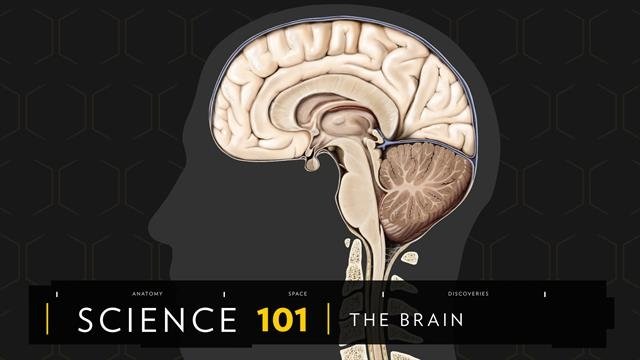At the ITF Conference in Belgium in May, imec director Chris Van Hoof shared with us how mental health is an area of medicine that is underserved and ripe for innovation with medical technology. While they might be more for general wellness, we’re slowly starting to see a new wave of technologies in the form of apps and smartwatch features that offer breathing exercises to help reduce stress. But how can one quantify stress?


Discover The World's MOST COMPREHENSIVE Mental Health Assessment Platform
Efficiently assess your patients for 80+ possible conditions with a single dynamic, intuitive mental health assessment. As low as $12 per patient per year.
UK-based Tinylogics thinks that their upcoming platform called FOCI, a wireless, wearable sensor combined with machine learning, is the answer. The FOCI wearable is a lightweight, tiny device about the size of a wireless hands-free that clips onto your waist and contains sensors that track your breathing patterns from the movement of your diaphragm. The device is based on research that has suggested that different cognitive states each have unique breathing patterns. It’s a similar concept to the Spire wearable we reviewed several years ago, however the machine learning component allows FOCI to learn your breathing patterns to filter out noise and more accurately assess your cognitive state. The wearable itself can give you a gentle vibration when it detects that you need to refocus, and the mobile app can visualize this with different colored orbs.
We had the opportunity to wear a demo of FOCI for the past couple weeks. We found the device to be comfortable to wear, almost to the point of losing it when it became unclipped from our waist a couple of times. After a learning period of a few days, the app was fairly accurate in detecting our cognitive states, although we’re a little puzzled as the app seems to be most useful if it is left on. This meant that our phone had to be kept on our desk with the screen turned on as much as possible, which is enough a distraction already. Moreover, the act of checking our phone would often cause us to break our “focus streak”, and we’d see our yellow “in focus” orb or teal “feeling calm” orb quickly turn a sad gray for “not in focus”. Digital stress coaching without utilizing digital distractions just doesn’t seem to be quite there yet. If you’re not concerned about the colored orbs, FOCI thankfully appears to work just fine running in the background and showed us our cognitive states when our phone was in our pocket. You’ll also want to know that FOCI only works while sitting down; if your stressful job involves being on your feet all day, you’ll unfortunately have to look elsewhere to calm down.

While tools like FOCI theoretically could be useful for managing stress, there is very little evidence on how effective they actually are. The testimonies on the FOCI website are limited to a handful of anecdotes from Cambridge University students. If research continues to suggest that breathing patterns can be a useful metric for tracking cognitive states, then it would be interesting if FOCI could partner with mental health researchers and clinicians to develop a novel device that goes beyond wellness into the realm of mental health.
FOCI is available now to preorder for £48 (~$65 USD) on Kickstarter.

